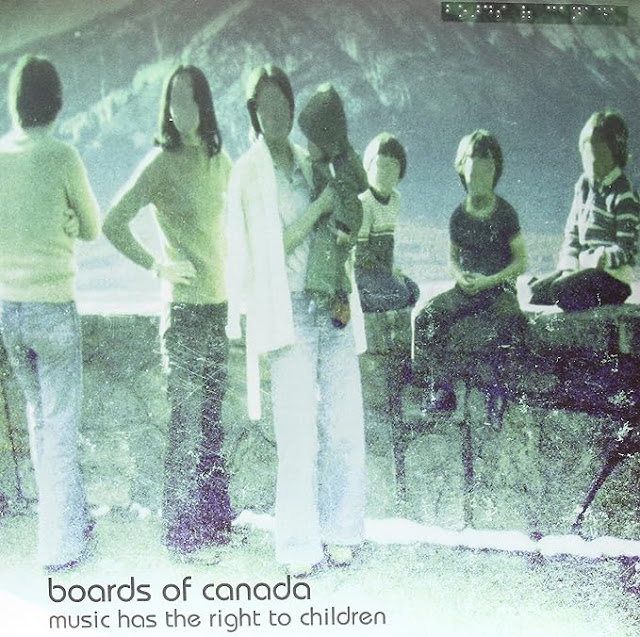A New Relevance in a Changing Musical Landscape
In the post-pandemic world of 2023, where AI has exploded and streaming platforms have become the norm, the way we relate to music has undeniably transformed. Amidst this change, there's a palpable yearning for music that doesn't demand our full attention, but rather, seamlessly integrates into our daily routines. This is where Boards of Canada's 1998 album, "Music Has the Right to Children," finds a renewed relevance and value.
An Unprecedented Blend of Existing Elements
The album, a touchstone in beat-music, was a perfection of the home-listening electronic music of its decade. It didn't invent anything new, but rather, it brought together existing elements in a way that was unprecedented. Drawing from the likes of Eno, Aphex Twin, and The Orb, Boards of Canada created a sound that was ambient yet engaging, downtempo yet head-nodding. It was a sound that was as much about texture as it was about melody, where the details were as important as the whole.
The Resonance of "Music Has the Right to Children" in 2023
Fast forward to 2023, and the album resonates even more strongly. In a world where the lo-fi beats for studying have exploded in popularity, "Music Has the Right to Children" sits comfortably between this trend and the original ambient music. It's not just background music, but rather, it's a soundscape that enhances our daily routines without demanding our full attention. It's a testament to the enduring power of Boards of Canada's music, which has gained a new value in these changing times.
Boards of Canada / Courtesy Warp RecordsA Reflection of Our Current Times
In essence, "Music Has the Right to Children" is a reflection of our current times - a world where we seek comfort in the familiar, yet are open to new ways of experiencing music. It's a testament to the album's timeless appeal and its ability to adapt and resonate in a rapidly changing musical landscape.


